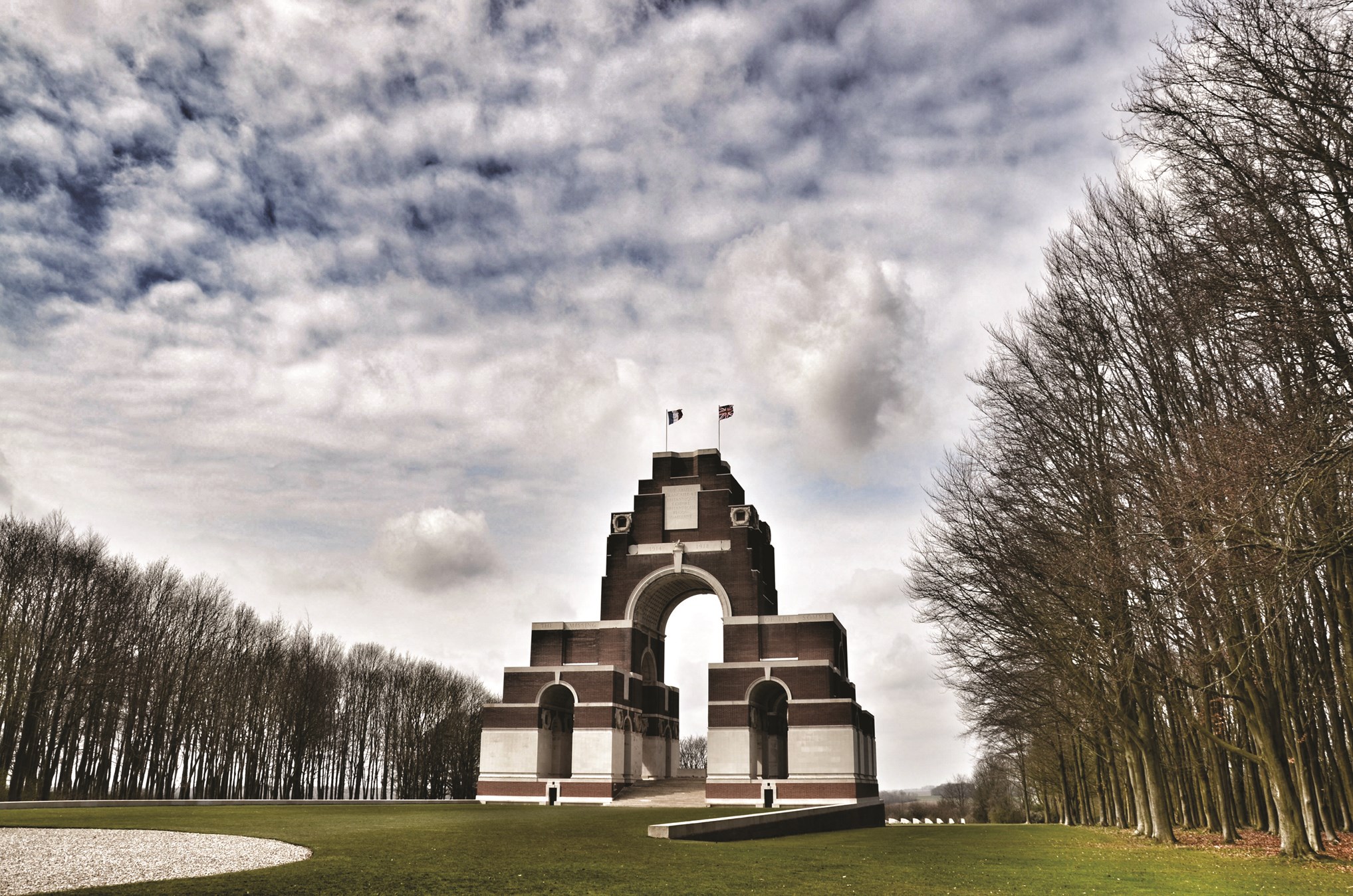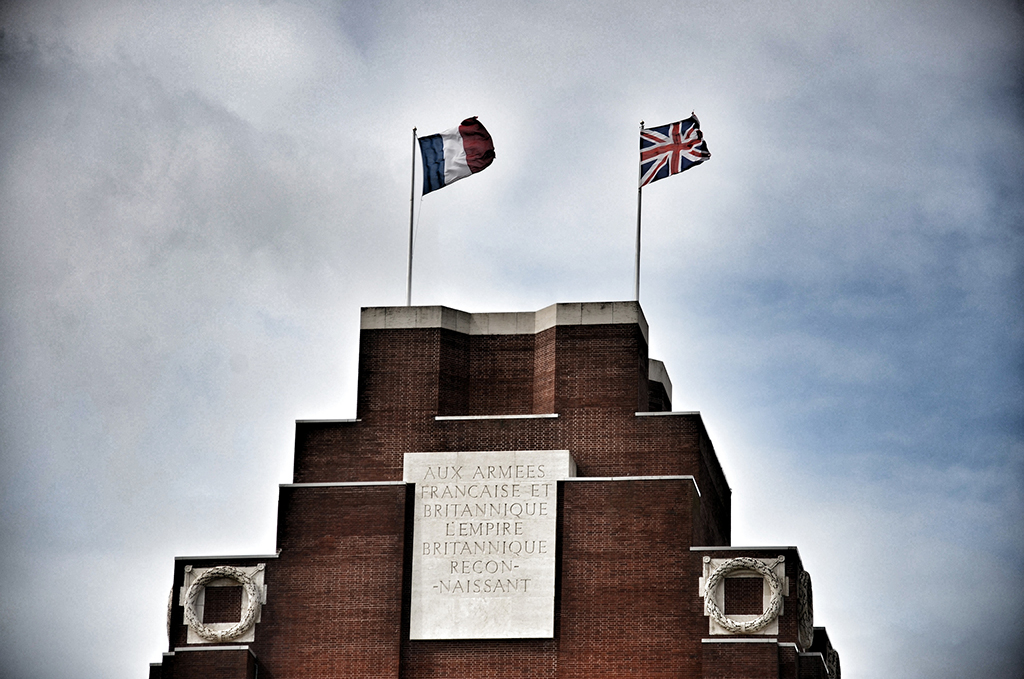One of the defining events of the First World War, and the bloodiest. On the 1st of July, we will commemorate the 100th anniversary of the beginning of the Battle of the Somme. But what makes this event so significant?
Also known as the Somme Offensive, the Battle of the Somme was an operation that saw an attempt to break through German lines on the Western Front, after two years of trench warfare.
Fought between July and November 1916 by allied forces compromising of the British and French, the attack was launched upon a 3 kilometre front, from the north of the Somme River between Arras and Albert.
The battle would prove to be one the costliest of World War I.
The first day of the battle saw 20,000 soldiers killed and 40,000 wounded, the highest in British military history. Throughout the battle, British and Commonwealth casualties reached 420,000.
Many of the soldiers engaged in the battle were just average young men from close-knit communities who had signed up together on the promise they would serve alongside each other – They were known as the ‘Pals’ battalions.
Family, friends, neighbours and colleagues who volunteered with the patriotism spurred on by the campaign of posters featuring Lord Kitchener, emblazoned with the words ‘Your country needs you’.
This would ultimately lead to the complete wipe out of battalions formed entirely from small communities.
The original objective of the 1st of July, primarily as a battle of attrition to drain the German forces of their reserves, however the capture of Thiepval was imperative, and its prominence still stands strong today.

The names of the lost are inscribed on a brooding monument, the Thiepval Memorial to the Missing of the Somme.
It stands 45 metres high, is visible for miles around, and is home to 16 pillars engraved with 72,085 soldiers of the British Expeditionary Force who were killed but have no known grave.
Whilst the country may still be gripped by Euro 2016 fever, England players themselves are urging people to never forget the sacrifice and bravery of the lost men during this offensive.
There are 37 footballers commemorated on the Thiepval Memorial including Donald Bell. Bell was a defender playing for Bradford Park Avenue in the top flight of English football. Having secured a release from his professional contract, he was commissioned to the Yorkshire Regiment.
The name, Donald Bell, is just one of many who portrayed outstanding bravery during this battle, on the 5th July 1916, he single-handedly charged a German machine gun position, an act of bravery that he was awarded the highest military decoration, the Victoria Cross.
In fact, 41 Victoria Crosses were won during the Battle of the Somme, 6 on the 1st of July alone, an indication of the ferocity of the fighting and the bravery of the soldiers involved.
The Somme campaign was the first great offensive of World War 1 for the British and it produced a more critical attitude towards the war.
It symbolised the true horrors of warfare. For many years, those who led the British campaign received plenty of criticism for the way the battle was fought, in particular, Douglas Haig.
The huge casualties inflicted on the first day convinced most people that General Haig should have called off the rest of the assault, this refusal to do so created an idea of an ‘armchair general’ –cut off from reality. Directing a battle from a chateau, 30 miles behind the front lines.
However, the offensive also became an unfortunate learning curve, maybe not so apparent at the time.
Following the Battle, the Germans moved away from defending linear trenches and adopted a much looser and more flexible system. This saw them defend strongpoints and abandoning their policy of automatically counterattacking every allied gain. Ultimately, this would prove to be disastrous.
Alongside tactical developments from the British – including the standardisation of the training and procedures of junior officers and allowing officers on the ground to use more initiative – it is said to have had created an important step forward and resulted in developments that would ultimately lead to the defeat of a weakened Germany defence.
The 100th anniversary delivers an opportunity to commemorate the service and sacrifice of those who lost their lives during the Battle of the Somme. To reflect upon the human cost of conflict and to have hope for a more peaceful world. Along with our dedicated Somme Battlefield tours, we will continue to keep the memory alive.
Click here to find out more about our Keep the Memories Alive initiative.


